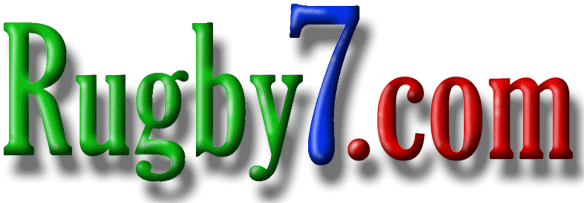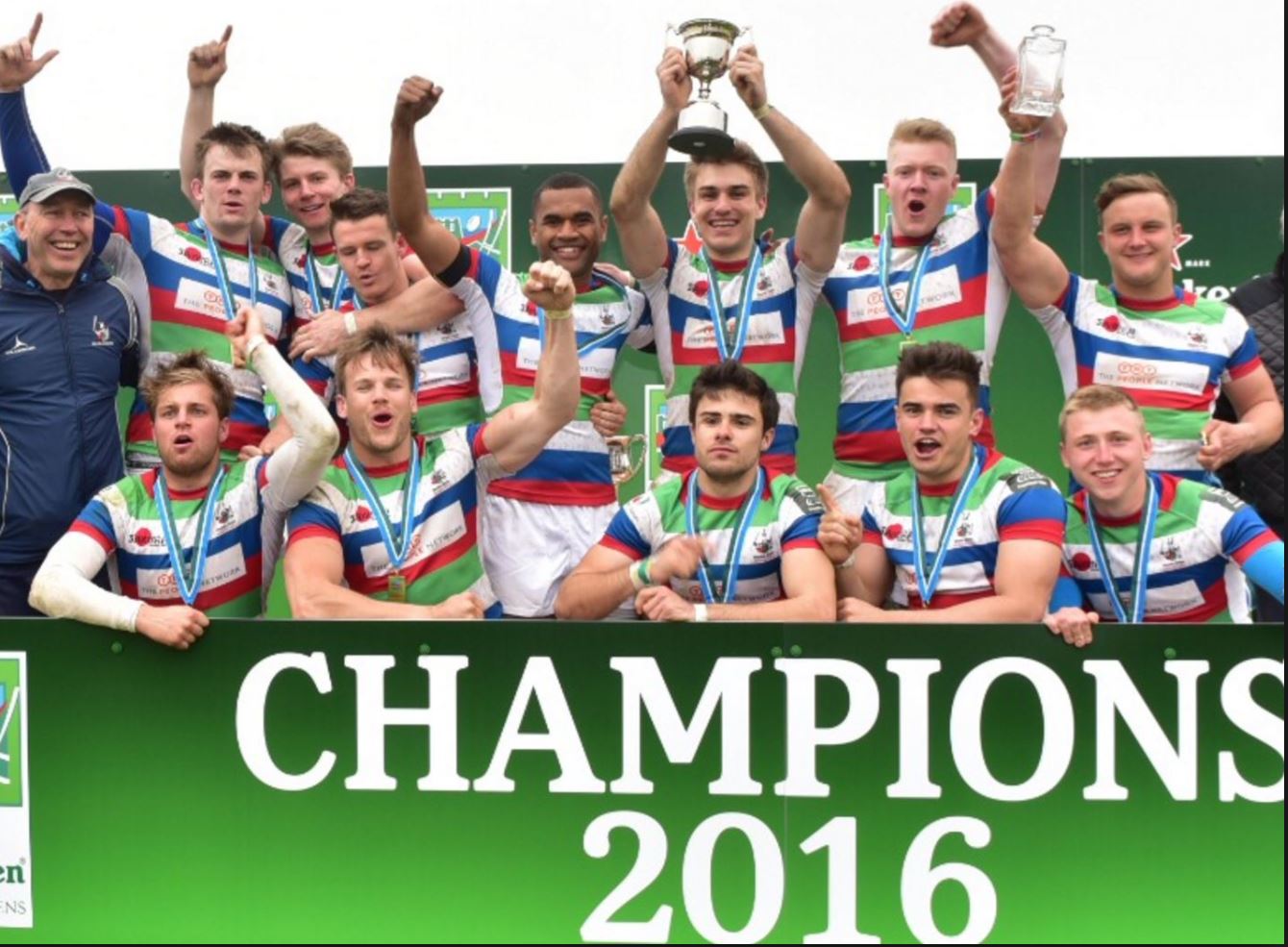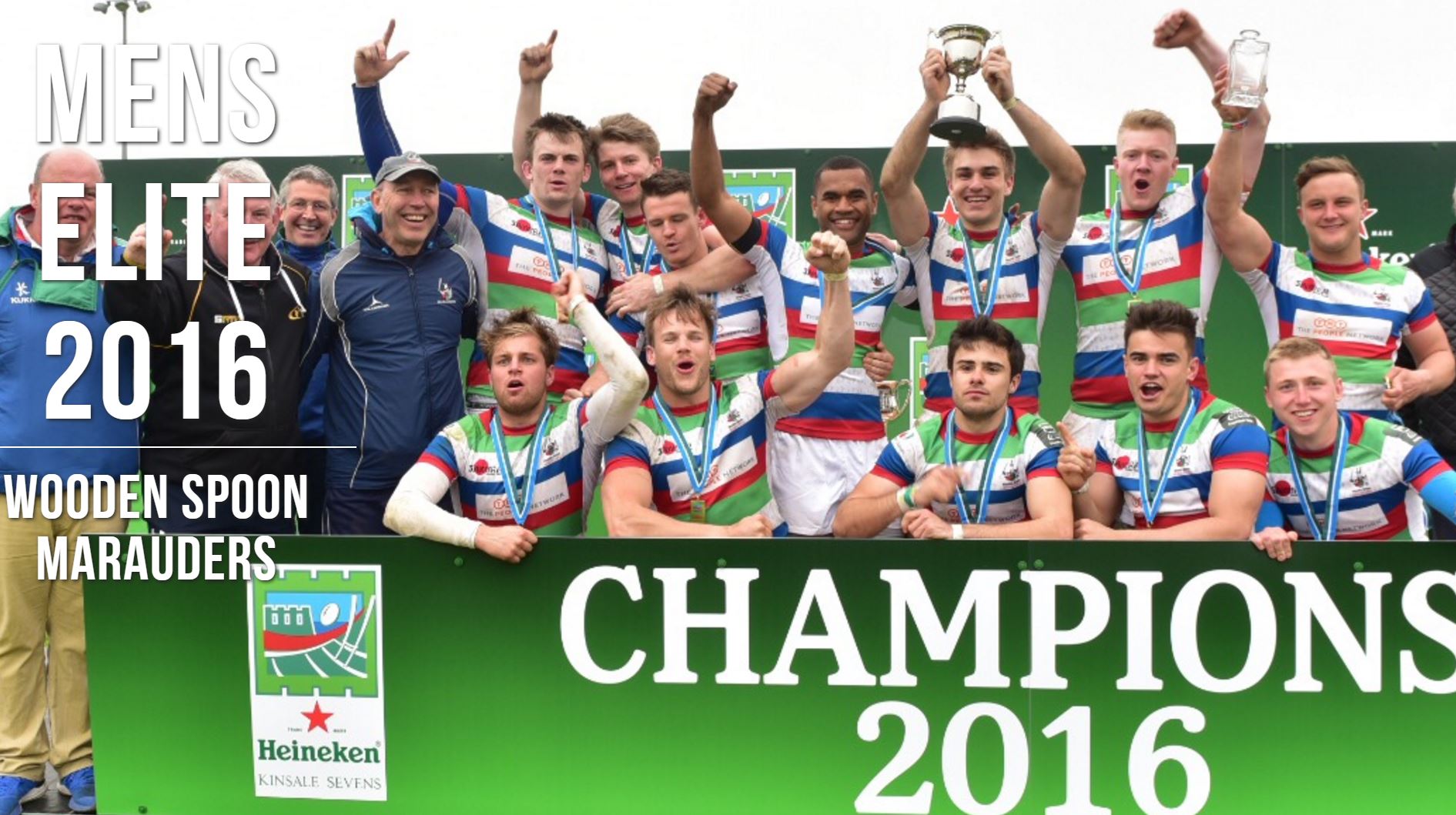 |
|
|---|---|
| Home- About Rugby7.com- Database- Tournaments | |
KINSALE 7s

![]()

|

About the Kinsale 7s
The Kinsale sevens started modestly in 1998 with only 12 teams. The international flavor came in 1993 when a team organized by Keith Floyd, raconteur and chef extraordinaire, came to the tournament.The Heineken Kinsale Sevens, with its maritime setting above Kinsale Harbour and Oysterhaven Estuary, offers a unique location for the best of fast action running rugby in Senior Menss, Senior Women's and Junior Men's categories. The teams will compete in over 200 games for an increased prize fund of 20,000.Lbs.
The international dimension of Heineken Kinsale Sevens really kick-started in 1993 when Keith Floyd, raconteur and chef extraordinaire, organised the 'Keith Floyd Vikings' with an Irish V11 selection against an Anglo-Welsh side.
The Irish team included Terry Kingston, Mick Galwey, Pat O'Hara, Michael Bradley, Jack Clarke and Peter Clohessy. The visitors included Scott Gibbs and Richard Webster of Wales with Phil de Glanville, Stuart Barnes and Steve Ojomoh of England.
Terry Kingston captained Munster against Australia in a famous victory at Musgrave Park in 1992. Mick Galwey, always an integral part of the Munster odyssey that led to the winning of the Heineken Cup, last year in Cardiff, scored, perhaps his most famous try in 1995, against England, at Lansdowne Road at the end which has become known as 'Currow Corner'. Stuart Barnes is well known today as a rugby sports columnist and through his punditry and predictions on TV.
As always, rugby was the winner; the international players played with panache and displayed their prowess with ball and tankard alike. One player on the AngloWelsh side, Victor Ubogu, enjoyed the rugby and 'apres match' so much that he duly presented his international blazer to Kinsale RFC early the following morning.
In 1994, an Anglo-Scottish side played at Kinsale. Some of the big men trundled into town that May weekend included Damien Cronin, Keith Robertson and Hugh McCardy of Scotland and Wade Dooley, Mike Teague and Jason Leonard. Nine years later, Jason Leonard and Mike Teague played on the IRB World Cup winning English team. Jason went on to accumulate 116 caps for England, recording a new total in international rugby. Winston Stanley, the stalwart centre for Canada, played in Kinsale for 3 years, representing Blackheath and Richmond - Winston played for Canada in the IRB World Cup in 1999.
That year also saw Michael Lynagh, Australian hero, and Damien Hopley, ( Eng ) Chief Executive of the Professional Rugby Players Association attend the event. Indeed, the sport of rugby, worldwide, was changing, and top players' commitments to their club and country had evolved to that of contractual agreement with the ushering in of the professional era. Kinsale RFC, as Event Organiser, too, moved with the times, repositioning the Event in tandem with Heineken . Increased prize money, greater infrastructural investment, extended hospitality, with specialist rugby sevens sides visiting Kinsale as the first leg of the European Tour, attracted a wider audience and greater number of visitors and sports fans to enjoy Heineken Kinsale Sevens.
Indeed, the previous year, 1998, saw important changes in the Event, not least the introduction of patron registration' the wrist tag' so that all could enjoy, responsibly, the full hospitality of Heineken Kinsale Sevens with Kinsale RFC introducing the concept during that weekend in Kinsale town. The Millennium year brought a special quartet to Kinsale for the first time .. Mick Galwey, Munster, Ireland and Lions, Jonathan Davies, the Welsh Wizard, Gavin Hastings of Scotland and 'Grand Slam' hero in 1991; Francois Pienaar, captain South Africa. His name recalls a seminal moment in sporting history, when he shared the platform with President Nelson Mandela, after the IRB World Cup Final in 1995.
On 17th March 2001, St Patrick's Day, Kinsale RFC, announced the cancellation of the Sevens, in the interests of our neighbors and the wider farming industry - foot & mouth disease was raging across the Irish Sea, which placed Irish Agriculture facing its greatest challenge since the 1930's. Heineken Kinsale Sevens was the first sports Event of international stature to cancel .. many more in Ireland were to follow our example. The support and understanding from club members, our sponsors, the rugby fraternity and the wider public was heartening. Its absence was, nevertheless, a salutary reminder, of the economic value and importance of the Sevens to Kinsale and Cork ... simply, of course, it was the right thing to do.
Another international 'man of the right stuff' and All-Blacks captain, Todd Blackadder, made his first visit, specially to see the Kinsale Sevens in 2002, together with a giant of English Rugby, Martin Bayfield .. who entertained many people with his wit, stories and characters he encountered as a player. Another 'Great' to visit Kinsale that year was Moss Keane another 'Lion of Currow'. Moss never played 'Sevens' but one player who did, starting at a young age, enthralled, entertained rugby supporters worldwide, finally graced the rugby fields of Kinsale in 2003.
Waisale Serevi, of Fiji, the Maestro of Sevens for over a decade, showed his magic and wowed the thousands at Kinsale with his silky skills, in weather conditions 12,000 miles from the south pacific island nation in more ways than one. Sunday's finale never beckoned, but, in truth, the real stars that year were the 800 players ( 80 teams) who braved the elements, showing an honesty in playing and competing in all the matches - exemplifying the very best spirit and tradition of Rugby Union.
May 2004, saw normal service resume and sparkling sunshine welcomed Serevi's and the players return with their supporters alike. Jonathan Davies and Mick Galwey, long standing friends, honored Heineken Kinsale Sevens to become Event Patrons. 'Gaillimh' and Jonathan have been great ambassadors. Christian Cullen, 'The Paekakariki Express' and record try scorer in Test matches for the All-Blacks, was there also to see the South Sea Drifters, effectively an international side including Serevi, playing the best of Sevens.
The following year saw Marauders, finally, make the breakthrough and win the Senior Men's Final. Alan Gaffney, Munster coach, returned again to regale all with his stories and spoke of the very special atmosphere of 'Kinsale'. Craig Chalmers, Scotland and Lions, visited Kinsale for the first time, May 2006, and witnessed the most open competition at all levels for several years. Newcomers, Newcastle Whalers from England emerged winners after extra time in a very closely contested final against Susies Exiles, a Kiwi-Dutch side from Amsterdam.
Over the years, more characters than that seen in the 'Wizard of Oz' have walked onto the 'stage' of the Sevens in Kinsale. They, with their teams, have added colour, humour and provided entertainment on and off the pitch - from Beconsfield, Stoned Pups, Big Kahunas, Drifters, Ben Tod, Ashbourne, JP Morgan, UCD and then to the Women's teams ... St. Alban's, Blackrock, Royal Vets, Highfield, Oxford, Clonakilty, Universitie de Rennes and Clancy's Bunnies to name only a very few.
Referees from Munster with guests from Leinster, Manchester and Cambridge have become an integral part of the weekend, combining with application of high standards with a certain 'joie de vivre'. And to the future? Slainte le Kinsale RFC agus Heineken Kinsale Sevens!!
Web Site: Kinsale Seven
Copyright 1999-2025
